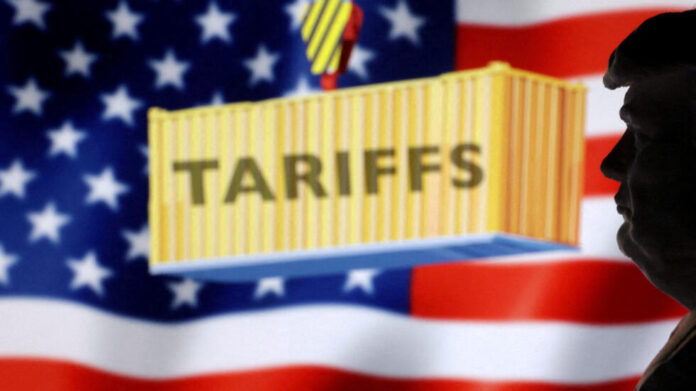The U.S. tariff policy has been widely criticized for taking a step backward in global trade relations, pushing the world away from the principles of cooperation and shared prosperity. As President Xi Jinping recently pointed out, the modern world thrives on peace, development, and mutual growth. Yet, the U.S. continues to hold onto an outdated, “America First” mentality, imposing tariffs indiscriminately and prioritizing its own interests over international cooperation. This approach undermines the multilateral trading system and violates World Trade Organization (WTO) rules, pushing global trade toward instability.
Tariffs, once again used as a tool of economic pressure, reflect a mindset rooted in unilateralism and protectionism. By disregarding market rules and the principles that have governed international trade for years, the U.S. risks damaging the very system that has long benefited its economy. This pursuit of “American exceptionalism” is not reciprocal or fair—it’s simply about protecting national interests at the expense of others.
However, the U.S. risks turning this strategy on itself. A growing number of critics in the U.S. have pointed out that the country’s domestic issues, including rising inflation and political division, are self-inflicted. Instead of addressing these issues, the U.S. has attempted to export its domestic crises, using tariffs as a weapon in a zero-sum game. But this strategy is likely to harm the U.S. economy, potentially triggering a recession. A recent survey revealed that nearly two-thirds of U.S. voters oppose tariffs, and the IMF has warned that tariffs could reduce global growth by 1.5% in 2025, with developing nations suffering the most.
The U.S. tariff war also risks fueling inflation, as the cost of goods continues to rise. Prices for basic items like eggs and chicken have surged, exacerbating economic instability. Moreover, the impact of these tariffs is not only felt domestically but also internationally, with trade volumes expected to shrink by 1% globally, further hindering economic recovery efforts.
The world must unite in rejecting such coercive tactics. Appeasing the U.S. approach will only encourage further aggression. Countries must stand firm to defend the principles of multilateralism, fairness, and justice. China, for example, has made it clear that it will not be intimidated by U.S. threats and will continue to protect its sovereignty and development interests. As the Chinese saying goes, “To friends, we offer fine wines; to wolves, the hunting rifles.” Should conflict be forced, China is prepared to defend itself to the end. However, China remains open to dialogue—provided it is based on equality and mutual respect.
In the ongoing trade dispute, the global community must rally together to preserve the principles of fairness and equity, rejecting the U.S. tariff war as a harmful and outdated strategy.

